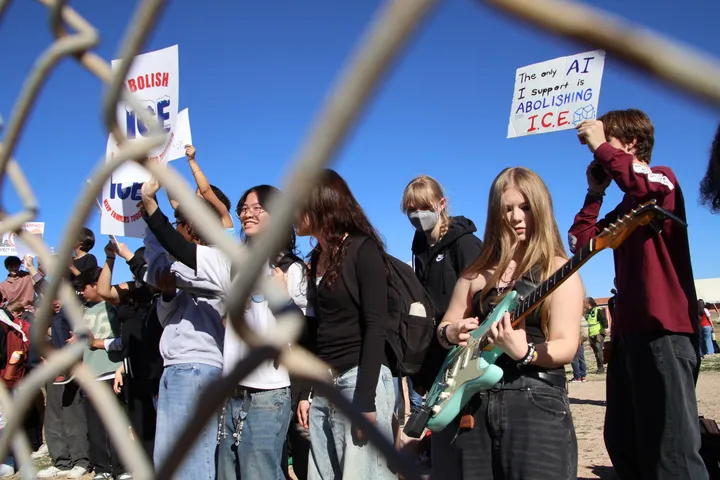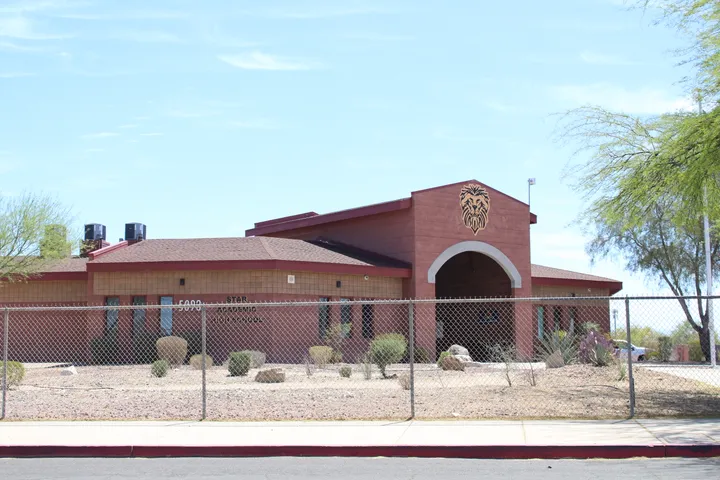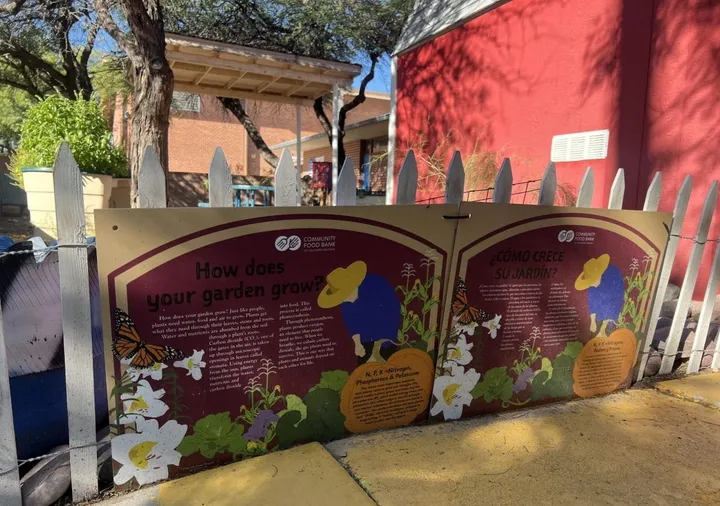New TUSD policy allows limited AI use in high schools
The Tucson Unified School District has approved a new policy allowing limited use of artificial intelligence tools in high school classrooms, with stricter controls for younger students.

As artificial intelligence becomes more common in classrooms, Tucson Unified School District is taking steps to regulate its use with a new policy aimed at promoting responsible innovation while safeguarding student learning and privacy.
The policy, unveiled by district leaders and approved by board members last week, outlines how AI could enhance learning while setting firm guardrails on its use, particularly for younger students.
Senior Director for Instructional Technology and Education Tracy Rowley walked TUSD board members through the draft policy during their April 27 meeting. The policy was developed with input from a focus group of teachers and outlines how AI might be used to support student learning while maintaining strong oversight and ensuring alignment with state standards and curriculum.
Many teachers in the district are already using AI tools under existing guidelines, but those guidelines are quickly becoming outdated, Rowley said.
“The proposed policy that we are bringing to you addressed the importance of using AI responsibly and ethically, understands the limitations, being aware of the potential for bias and the need to vet AI responsibly,” she said. “We feel like this policy is made to last through the years although we cannot predict that because AI is changing so quickly, we don’t know what it’s going to look like in six months or even in two months.”
The policy would make age-appropriate AI tools accessible primarily to high school students, with stricter controls in place for younger learners. Under the plan, only AI platforms that meet specific criteria would be approved for classroom use.
The criteria include:
- Alignment with Arizona Department of Education standards and TUSD curriculum
- Age appropriateness
- The ability for teachers and the district to monitor use
- Enhancement of instruction and critical skills
- Compliance with student data privacy and security rules
To ensure clarity and flexibility, the policy includes simplified language, added definitions, and keyword changes, such as shifting from “shall” to “may” to give educators more discretion.
“I wish we weren't here having to do this, I feel like it’s a slippery slope. I would much prefer to vote for a policy that would prohibit the use of AI for our students because although some may say it’s here to stay and they’re probably right,” said board member Sadie Shaw, “I don’t think that the use of AI is going to be helpful in a real way that is going to benefit the students’ ability to be self-reliant in their own skills and creativity.”
While acknowledging the need for an AI policy, Shaw said she could not support this version.
“I just think we need to get back to basics and if we just unleash everything and allow it, I am just not sure when or where it will ever end,” she said.
Board member Val Romero made a motion to approve the policy for high school students only, with the condition that the board reviews it on an annual basis. The board approved its passage by a vote of 4-1, with Shaw standing firm in her “no” vote.
“We just feel that having this policy will provide our students, our parents, teachers, staff members, stakeholders, and constituents with a policy that aligns with our values and allows us to shape our own future,” said Rowley.
McKenna Manzo is a University of Arizona alum and Tucson Spotlight intern. Contact her at mckennamanzo@arizona.edu.
Tucson Spotlight is a community-based newsroom that provides paid opportunities for students and rising journalists in Southern Arizona. Please support our work with a paid subscription.



